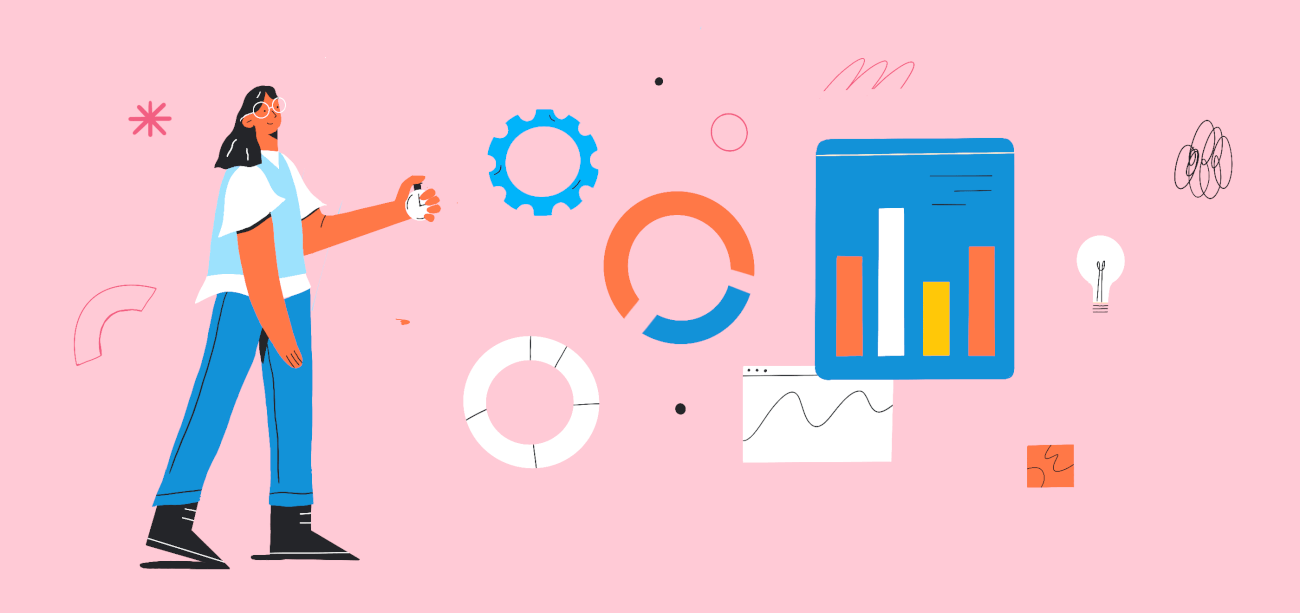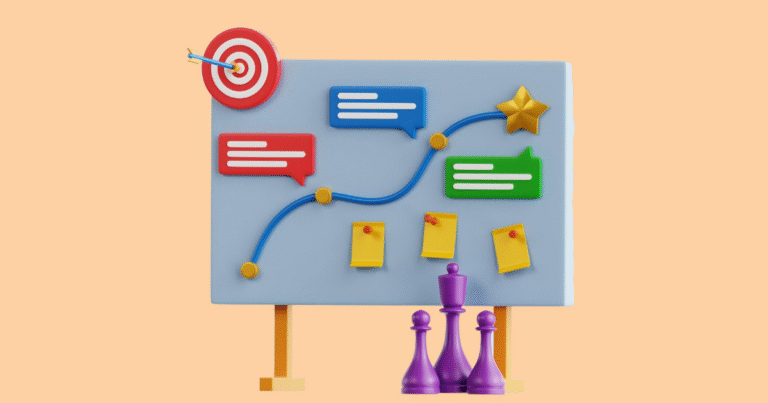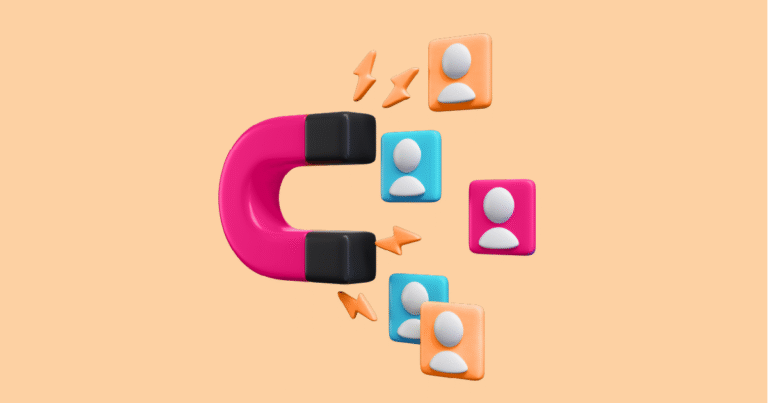In today’s digital age, social media plays a pivotal role in shaping brand reputation, engaging with customers, and driving business growth. With millions of conversations happening online every minute, it can be challenging for businesses to keep track of relevant mentions, trends, and conversations across various social media platforms. This is where social media alerts tools come into play.
Importance of Social Media Alerts Tools

Social media alerts tools are designed to monitor social media platforms for specific keywords, hashtags, or mentions relevant to your brand or industry. By providing real-time alerts and insights, these tools empower businesses to stay informed, proactive, and responsive in their social media strategies.
Types of Social Media Alerts Tools
1. Real-Time Monitoring Tools
Real-time monitoring tools enable businesses to track mentions, comments, and conversations about their brand or products as they happen. These tools provide instant notifications, allowing businesses to respond promptly to customer inquiries or address any issues that may arise.
2. Brand Monitoring Tools
Brand monitoring tools focus on tracking brand mentions and sentiment across social media platforms. They provide insights into how your brand is perceived online, helping you identify areas for improvement and capitalize on positive feedback.
3. Competitive Analysis Tools
Competitive analysis tools allow businesses to monitor their competitors’ social media activities, including their content strategy, engagement metrics, and audience demographics. By gaining insights into competitors’ strategies, businesses can refine their approach and stay ahead of the curve.
Features to Look for in Social Media Alerts Tools
1. Customization Options
Look for tools that offer customizable alert settings, allowing you to specify keywords, filters, and notification preferences based on your unique needs and objectives.
2. Data Analytics and Reporting
Choose tools that provide robust analytics and reporting features, enabling you to track key metrics, identify trends, and measure the impact of your social media efforts over time.
3. User-Friendly Interface
Opt for tools with intuitive interfaces and easy-to-use dashboards, ensuring that you can navigate the platform efficiently and make the most of its features without extensive training or technical expertise.
Top Social Media Alerts Tools in the Market
1. Mention
Mention is a comprehensive social media monitoring tool that enables businesses to track mentions, monitor sentiment, and analyze trends across various platforms, including Twitter, Facebook, Instagram, and more.
2. Hootsuite
Hootsuite is a popular social media management platform that offers robust monitoring and analytics features, allowing businesses to schedule posts, engage with followers, and track performance across multiple social networks.
3. AIM Insights
AIM Insights is a powerful brand monitoring tool that provides real-time alerts, sentiment analysis, and competitor insights, helping businesses to monitor their online reputation and stay ahead of the competition.
4. Buffer
Buffer is a social media management platform that offers scheduling, analytics, and engagement tools, making it easy for businesses to manage their social media presence and track performance from a single dashboard.
How to Choose the Right Social Media Alerts Tool
When selecting a social media alerts tool for your business, consider the following factors:
1. Assess Your Needs
Evaluate your specific goals, budget, and resources to determine which features and functionalities are most important for your business objectives.
2. Consider Budget and Scalability
Choose a tool that aligns with your budget constraints and offers flexible pricing plans that can scale with your business as it grows.
3. Trial Period and Customer Support
Opt for tools that offer a free trial or demo period, allowing you to test the platform and assess its suitability for your needs. Additionally, prioritize tools that provide reliable customer support and training resources to assist you in getting the most out of the platform.
Best Practices for Using Social Media Alerts Tools
To maximize the effectiveness of social media alerts tools, consider the following best practices:
1. Set Up Relevant Alerts
Define specific keywords, hashtags, and topics relevant to your brand or industry to ensure that you receive timely alerts for relevant mentions and conversations.
2. Actively Monitor Conversations
Regularly monitor social media platforms for mentions, comments, and discussions related to your brand, products, or industry, and respond promptly to engage with your audience and address any issues or concerns.
3. Engage with Your Audience
Use social media alerts tools to identify opportunities for engagement, such as responding to customer inquiries, thanking users for positive feedback, and participating in relevant conversations to build relationships and foster brand loyalty.
Challenges and Limitations
Despite their numerous benefits, social media alerts tools also come with certain challenges and limitations, including:
1. Data Overload
The sheer volume of data generated on social media can be overwhelming, making it challenging for businesses to filter through the noise and identify relevant insights and opportunities.
2. Accuracy Issues
Social media monitoring tools may not always provide accurate or reliable data, especially when it comes to sentiment analysis or identifying the context of conversations, leading to potential misinterpretations or false alarms.
3. Privacy Concerns
There are growing concerns about privacy and data security on social media platforms, raising questions about the ethical implications of monitoring users’ online activities and conversations without their explicit consent.
Future Trends
Looking ahead, the future of social media alerts tools is likely to be shaped by the following trends:
1. AI and Machine Learning Integration
Advancements in artificial intelligence and machine learning technologies will enable social media alerts tools to provide more sophisticated insights, predictive analytics, and automation capabilities, enhancing their effectiveness and efficiency.
2. Enhanced Data Security Measures
In response to growing privacy concerns, social media alerts tools are expected to implement more robust data security measures, such as encryption, anonymization, and user consent mechanisms, to protect users’ personal information and ensure compliance with data protection regulations.
Conclusion
In conclusion, social media alerts tools are invaluable assets for businesses seeking to monitor, analyze, and engage with their audience effectively on social media. By leveraging the right tools and strategies, businesses can stay informed, proactive, and responsive in their social media efforts, driving brand visibility, engagement, and ultimately, business success.
Ready to elevate your social media strategy? Request a demo from AIM Technologies today and discover how our advanced social media alerts tools can help you achieve your business goals.
FAQs
What are social media alerts platforms?
- Social media alerts platforms are software applications or platforms designed to monitor social media platforms for specific keywords, hashtags, or mentions relevant to a brand or industry. They provide real-time alerts and insights, enabling businesses to stay informed and responsive in their social media strategies.
How do social media alerts tools work?
- Social media alerts platforms use algorithms and data analytics to monitor social media platforms for mentions, comments, and conversations related to specific keywords, hashtags, or topics. When relevant content is detected, the tools generate real-time alerts or notifications, allowing businesses to take action accordingly.
What are the benefits of using social media alerts platforms?
Some benefits of using social media alerts tools include:
- Real-time monitoring of brand mentions and conversations
- Proactive engagement with customers and followers
- Identification of trends and opportunities
- Competitive analysis and benchmarking
- Measurement of social media performance and ROI
Are there any limitations to social media alerts platforms?
Yes, some limitations of social media platforms tools include:
- Data overload and noise
- Accuracy issues with sentiment analysis
- Privacy concerns and ethical implications
- Dependence on algorithms and data sources
- Limited customization and flexibility in alert settings
What are some best practices for using social media alerts platforms?
Some best practices for using social media alerts tools include:
- Setting up relevant alerts based on keywords, hashtags, and topics
- Actively monitoring social media platforms for mentions and conversations
- Engaging with your audience by responding to inquiries and comments
- Analyzing data and insights to inform your social media strategy
- Continuously evaluate and adjust your alert settings and strategy based on performance and feedback.



